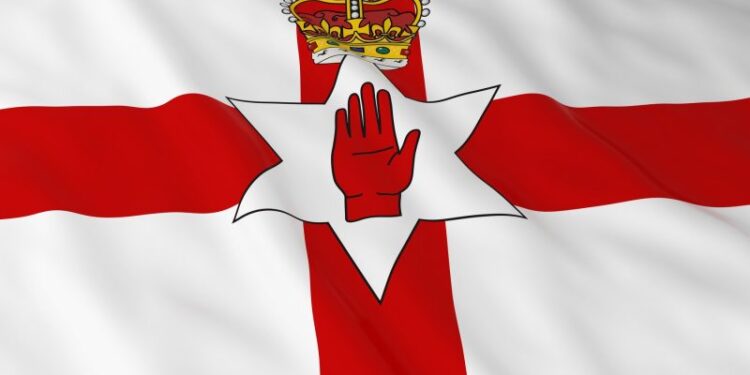The unemployment rate in Northern Ireland has reached an unprecedented low of 2% during the period from March to May 2024. According to official statistics, the average monthly salary surged by 11% compared to the previous year. The July employment report from the NI Statistics and Research Agency (NISRA) indicates that the unemployment rate fell by 0.2 percentage points (PPS) from the last quarter.
For the same timeframe, the estimated unemployment rate across the UK was 4.4%. NISRA’s Labour Force Survey (LFS), which relies on household interviews, reports that the employment rate in Northern Ireland decreased by 0.6 PPS within the same timeframe, settling at 71.1%. However, it remains 0.3 PPS higher than a year ago.
The rate of economic inactivity also saw an uptick in the three months leading to May, climbing by 0.8 PPS to 27.4%. This was a slight decrease of 0.1 PPS year-on-year. Data from HMRC reveals that the number of PAYE (pay as you earn) employees in Northern Ireland reached a historic high of 808,000 in June 2024.
This reflects a monthly growth of 0.4%, making the PAYE workforce 2.4% larger than in June 2023. Earnings information indicates that the median monthly salary for workers in Northern Ireland was £2,329 in June.
Unemployment Rate in Northern Ireland Reaches Historic Low
This represents a rise of £83 (3.7%) month-on-month and £235 (11.2%) year-on-year, significantly surpassing the UK’s 2% inflation rate recorded in June. The claimant count in the north was reported at 38,800 last month, constituting 4% of the labor force, which is a 3.1% increase from May.
According to the Department for the Economy, there were 310 confirmed layoffs in June 2024. This is an increase from 180 reported in May, marking the highest monthly count since November 2023. The total confirmed redundancies have totaled 930 since the beginning of the year.
During this same timeframe, there were 1,750 redundancies proposed, which included 390 in June. These statistics pertain solely to instances where employers are required by law to notify authorities when reducing 20 or more positions. The labor market data was released following discussions between the UK’s newly appointed Chancellor Rachel Reeve and Northern Ireland’s First Minister Michelle O’Neill, Deputy First Minister Emma Little-Pengelly, and Finance Minister Caoimhe Archibald.
Ms. Archibald remarked, “I have conveyed worries about our financial situation and the necessity for further funding to support public sector pay awards, in alignment with pay review body recommendations. Although significant strides have been made regarding the fiscal framework, it is crucial that this work continues as a priority, ensuring our finances are placed on a sustainable path.”


